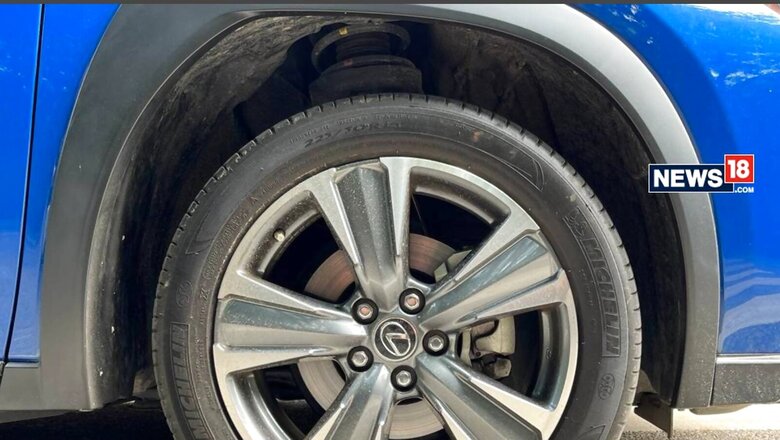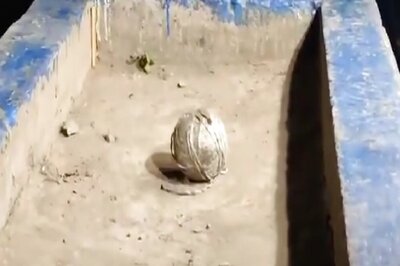
views
Sudden brake failure while driving can leave you in panic mode. Brakes are the most crucial component of a car’s safety. The drivers should pay close attention to any braking issues instantly to avoid getting into serious accidents. Cars with modern safety features presently come with improved braking technology, which has been aided by ABS (anti-lock braking system) and EBD (electronic brake distribution). Hence, brake failure is no longer a phenomenon that is often heard about. However, it is important to take this into account and be ready in case a brake failure occurs.
Also Read: How Car Safety has Evolved Over Time – Know It More
Car brakes can fail at any time, whether the vehicle is moving at a high speed or crawling in a bumper-to-bumper thick traffic at a slow or no pace. If the engine RPM is too low for the vehicle to produce adequate suction for activating the brake booster while driving at a slow speed, brake failure may occur. A stuck brake calliper, a leaking master cylinder, exhausted brake fluid, and a broken brake pipeline are some other potential causes of brake failure. Similarly, a driver travelling at a high speed might not become aware that their car’s brakes had failed until they are forced to slow down for a cause that may be too unsafe.
What should a driver do if the brakes fail while driving?
- The driver should press and release the brake pedal rapidly. Just enough braking action may result from this to slow or stop the vehicle.
- To slow the car down, immediately downshift to first gear. Don’t press the accelerator pedal and release the clutch.
- The handbrake should be carefully pulled up to stop the car. The handbrake is mechanical rather than hydraulic and slows the car down from the back wheel.
- While the car is in first gear, turn off the ignition. Let the dead engine execute the brakes instead of applying the clutch.
- Always move your vehicle to the left side of the road if your brakes fail to avoid obstructing traffic.
- To alert other drivers, turn on your hazard lights, headlights, and horn if your brakes fail while you are in traffic.
- Drive into any sand, mud, or slush that is on the side of the road. This will cause the vehicle to slow down and eventually halt.
- Before taking the car out for a drive, always check the brakes to ensure safety on road.
Read all the Latest Auto News here




















Comments
0 comment